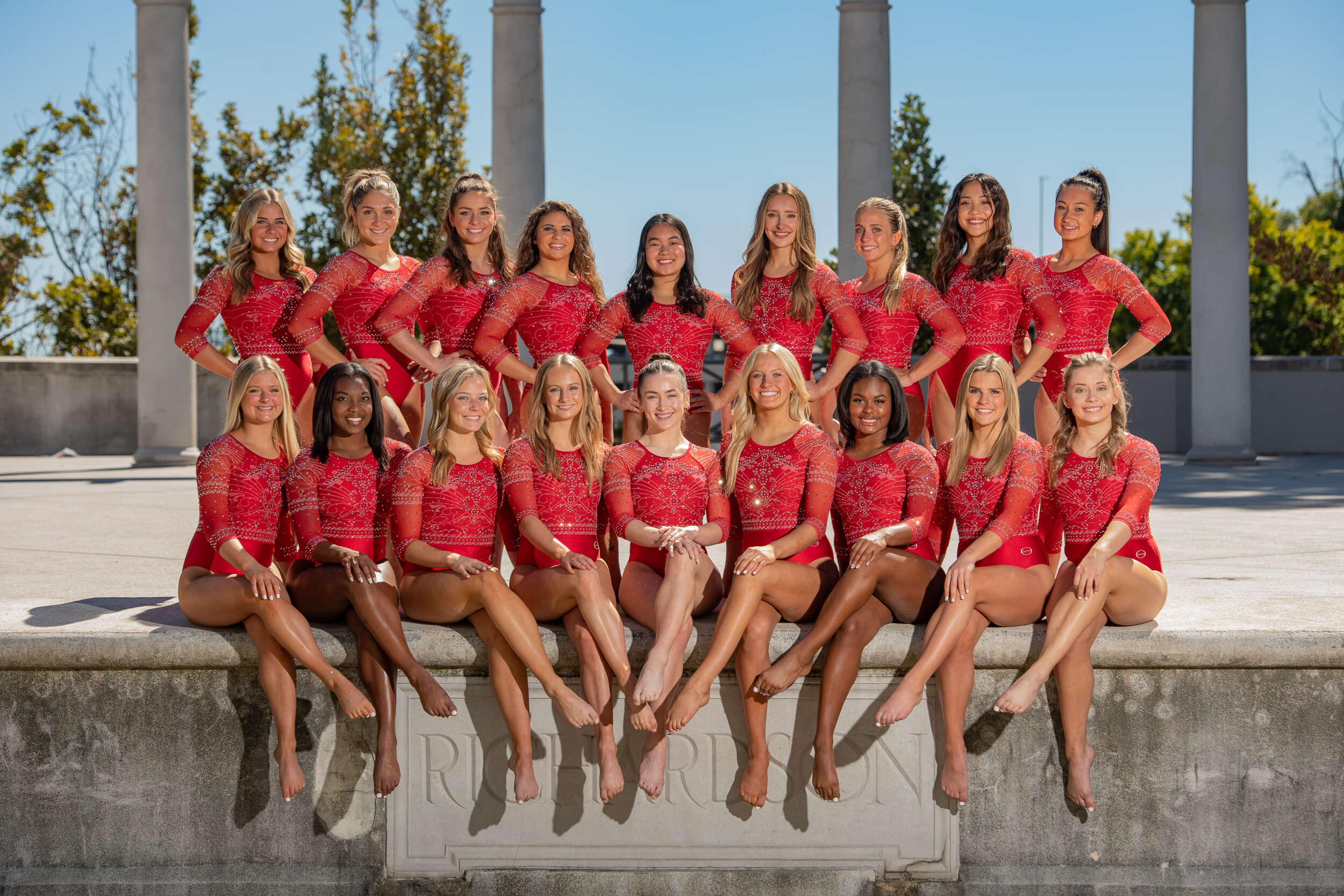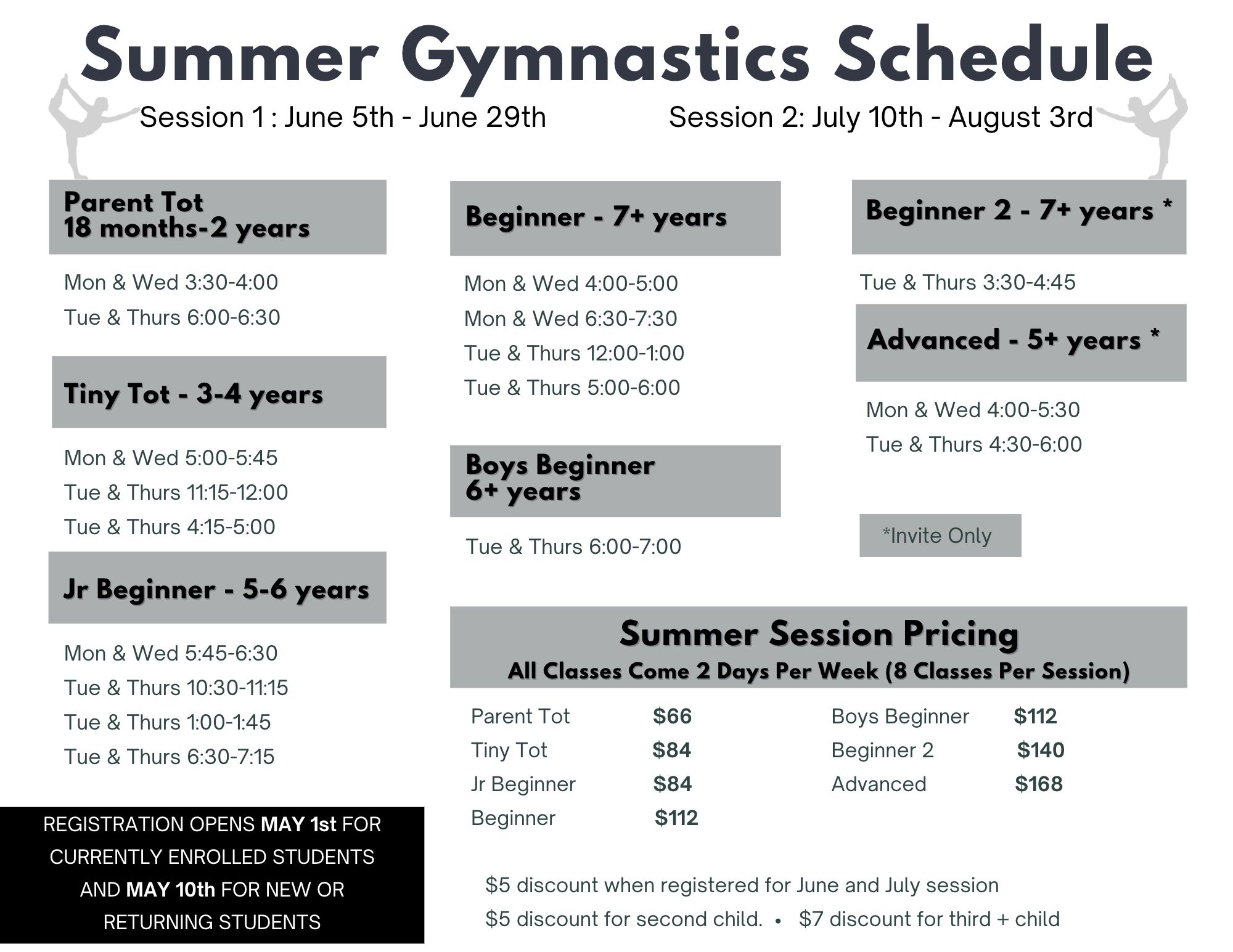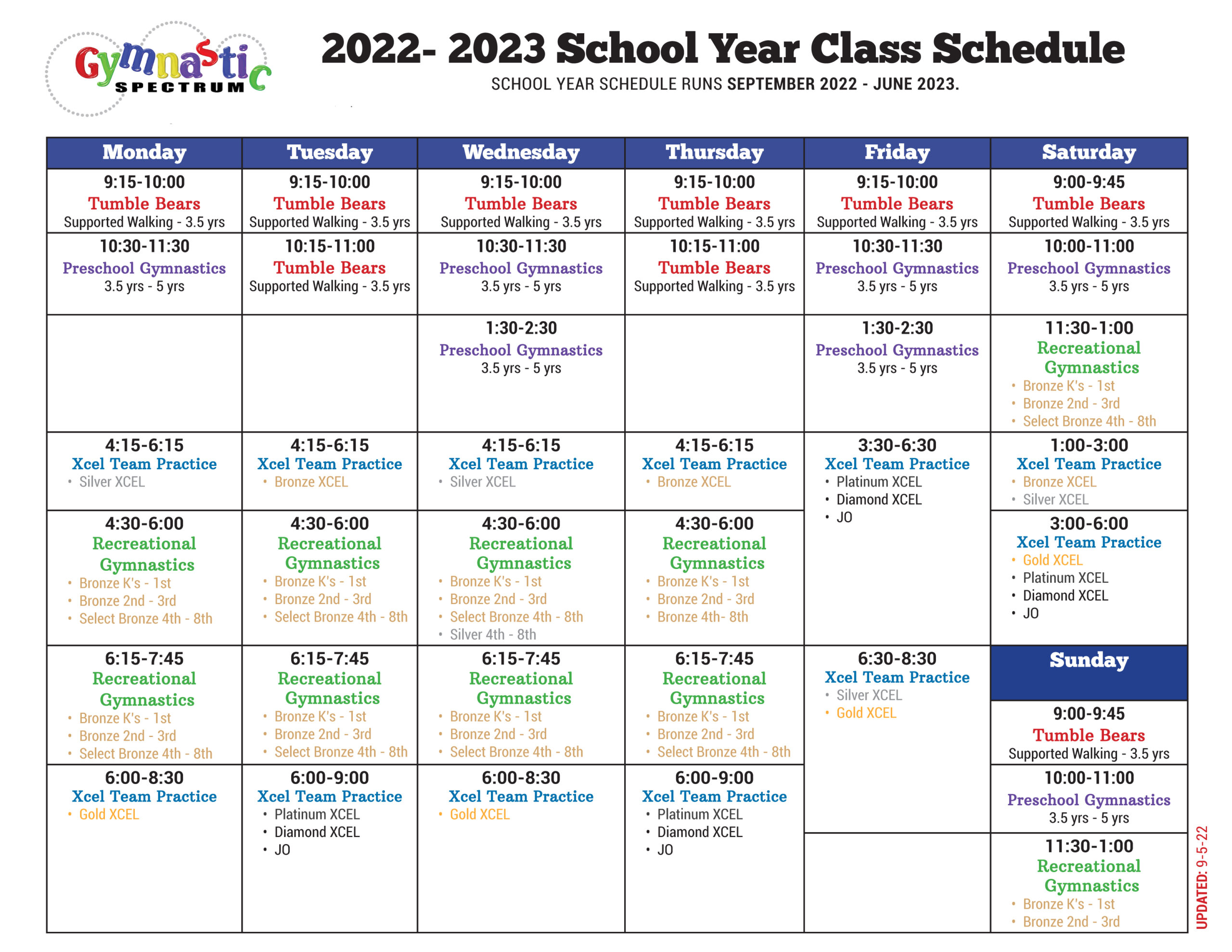Must跟must be的用法有什么区别?must和must be的区别为:用法不同、含义不同、读音不同。一、用法不同 1. must用法:must后面只能跟动词,在这里must跟should,will等一样,都是一 … · be to + infinitive = going to = must ( as the text says, be to + infitive adds demand,destiny or expectation, also necessity or obligation) i am to buy this car tomorrow. We must confirm this by sending them a fax, __________? Does anybody know the question tag of the next sentence: The book says have to can also be used to talk about obligation coming from the speaker or … Thanks in advance · hi, i searched this forum before posting, and there are quite some threads as to the use of must, should and have to but none that really tells me what id like to know. Heres the context: · “your password must be 8-16 characters, and include at least one lowercase lett”的意思是“你的密码必须是8到16个字符,并且至少包括一个小写字母,一个大写字母和一 … · one of the uses of would has been listed below: · how would you say must-see in french? · they are both correct, but mean slightly different things: This exhibition is a must-see. thanks · i dont understand this explanation from michael swans practical english usage. I have to go to the doctors – suggests that you have made an appointment and you have to go at a specific time in the … You use would, or would have with a past participle, to indicate that you are assuming or guessing that something is true, … · must i. 肯定回答否定回答以must提问的一般疑问句,意为“……必须……吗”。 肯定回答用must(必须),否定回答用neednt或dont/doesnt have to(不必)。
Must See Meets: Your Ultimate Uf Gymnastics Schedule
Must跟must be的用法有什么区别?must和must be的区别为:用法不同、含义不同、读音不同。一、用法不同 1. must用法:must后面只能跟动词,在这里must跟should,will等一样,都是一 … · be to + infinitive = going to = must ( as the text says, be to + infitive...









